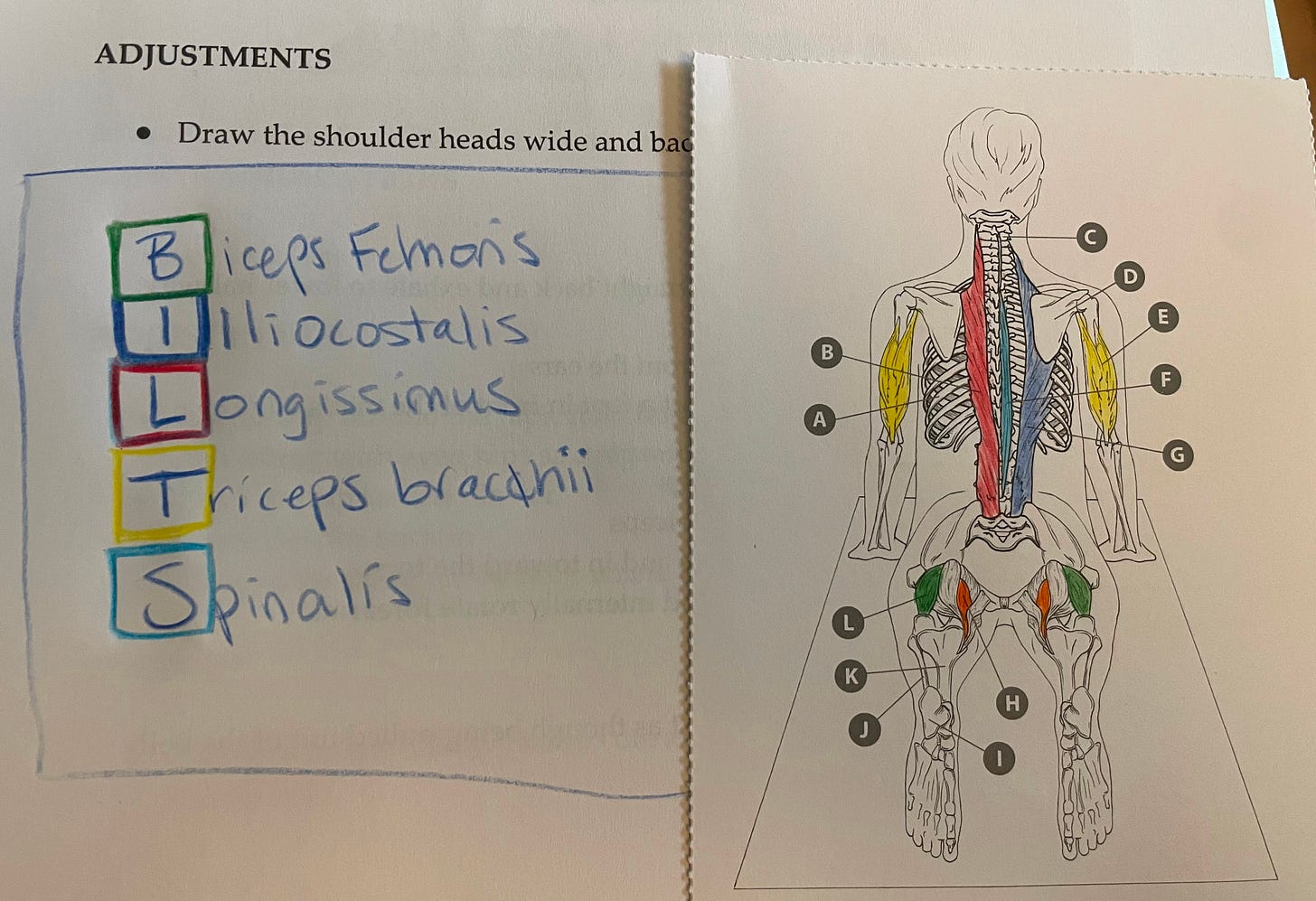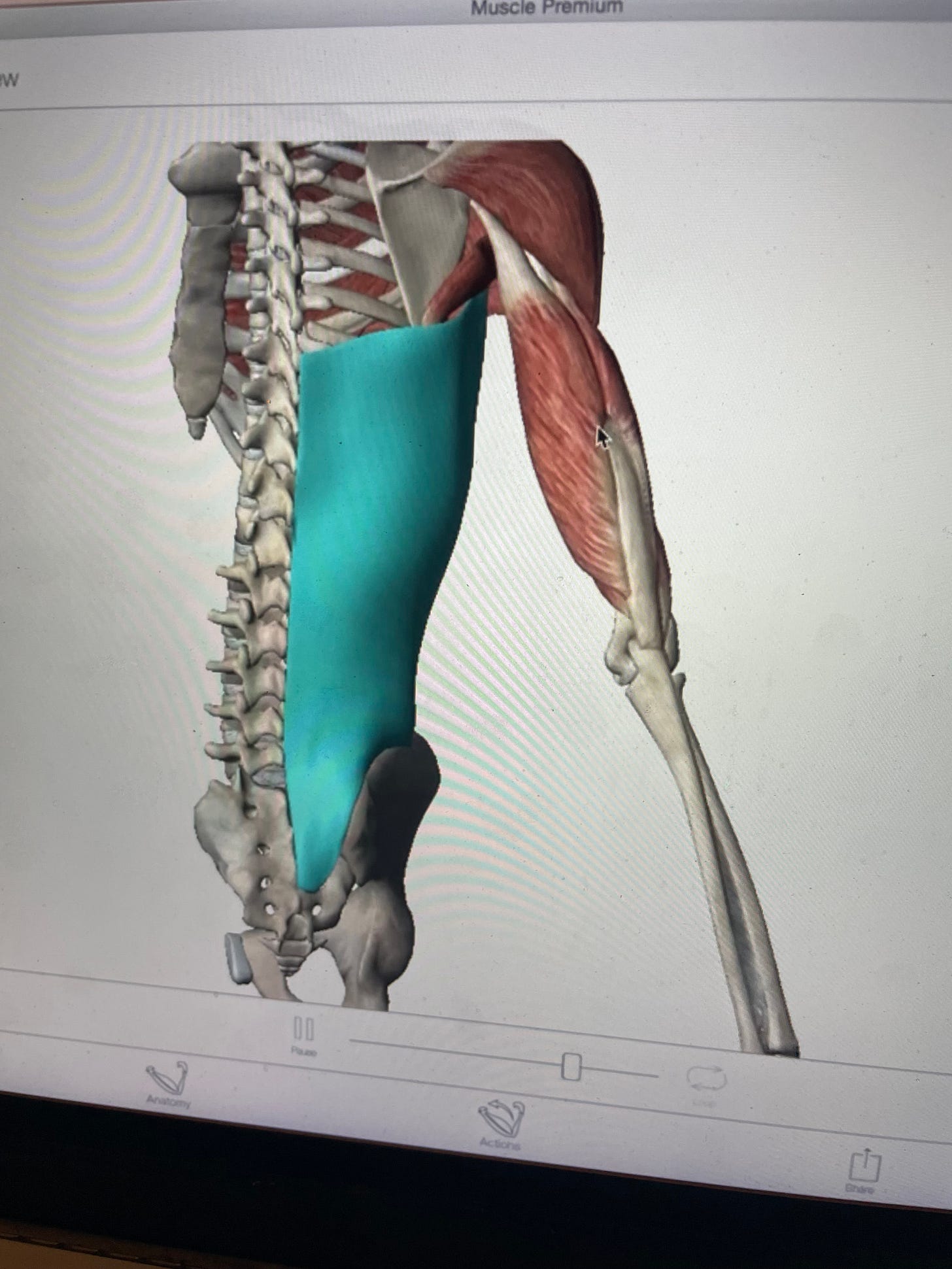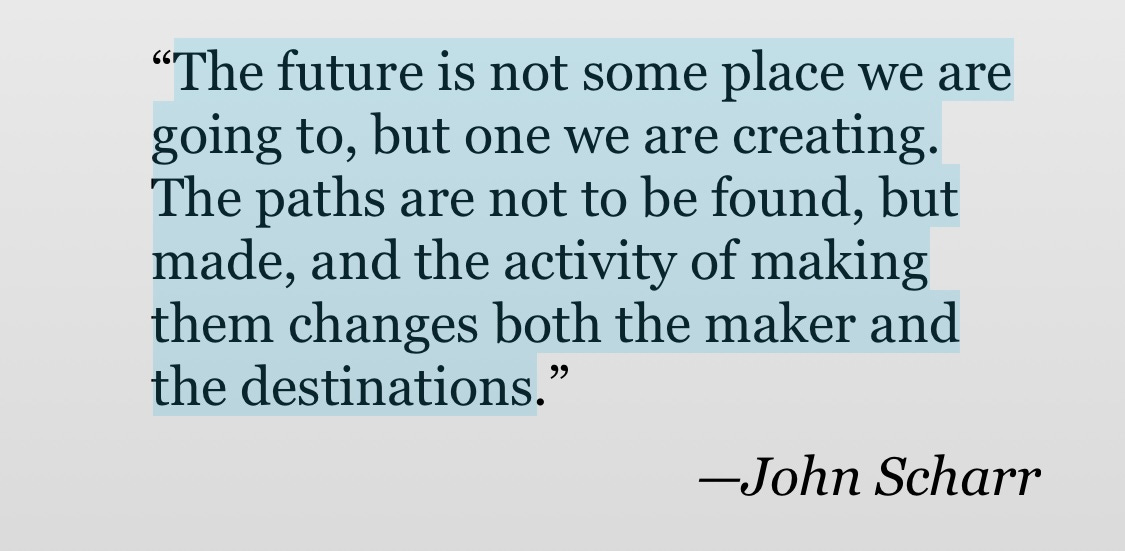Hello!
It’s been too long.
I’ve been busy working with clients and also busy wrapping up a yoga teacher training.
It was so much work, both physical and mental, but I’m so glad I did it. It single-handedly cured my seasonal depression to have a project to focus on over the winter months, move my body consistently and be in community with others. It deepened my passion and understanding of anatomy and Eastern philosophy, and allowed me to feel more connected to my body than ever before.
But now that I’ve graduated and I have more time on my hands, I’m recommitting to Friday Deconstructing Money posts. I enjoy writing them and enjoy connecting with you all after one’s out in the world.
This week’s post is a listicle in time for the commencement season.
One of the “graduates” of my coaching program, The Good Bones Edit, recently asked me if I’d be willing to chat about money with a youth group she’s connected with.
I’m honestly a little wary of talking to kids about money. I don’t think money advice really sticks until you have some experience in the real world, with an apartment and a job and bills in your name.
One part of my plan is talk to them about their miracle days. I want to help them think about how they would spend their time in a world with no money worries. What would they do for work and what would they do in their time off? Why are those things important to them and what do those priorities tell them about what they need to do next? I think that exercise can help them begin to imagine the kind of life they’d like to use money to support, as opposed to focusing on money as an end in itself.
But I also want to offer them something tangible. Some list of money mantras they can reference. Things I wish someone had really laid out for me at a young age.
Right after college, I remember taking a lot of comfort out of this letter F. Scott Fitzgerald wrote to his daughter with a list of things to worry about. (While “horsemanship” isn’t something I added to my list, and while I’ll never not worry about insects, I did appreciate most of the rest).
So I started to list some principles I think might be helpful to someone just starting to think about the role of money in their lives, especially in their most financially scrappy years. I’m sure I’ll edit it down the road, but here’s my first draft.
15 pieces of money advice for new grads, from a millennial financial coach
Having less money never makes you less (or more) worthy of love and dignity. Having more money never makes you more (or less) worthy of love and dignity.

Make more than you spend. If you can’t, take it as a sign that you need to take action to increase your income and/or decrease your spending. That’s easier said than done sometimes. Do your best.
Track your spending for a month. Use an app or a spreadsheet or a paper and pen, but figure out how much your life costs. Have the courage to reflect on your past decisions. Know how much you are spending on your core needs vs. wants.
There is nothing wrong with asking for and receiving financial help. While you are receiving help, find other ways to give back.
Know that over-reliance on others, including your parents, runs the risk of straining your relationships and your own sense of autonomy.
Financial wealth is only one kind of wealth. Wealth of time, wealth of good health, wealth of good relationships are others. Value those types of wealth, too. Find ways to “invest” in them.

Periodically, visualize your life without any money worries at all. Every year on your birthday, try writing out an answer to this question: What would you do with your free time and what would you do for work if you didn’t have any worries about money? Acknowledge what parts of your dream life are already present and available to you.
Getting more money will not automatically make you happy. It will alleviate the very real stress of living paycheck to paycheck and it will give you more options and peace of mind, all of which can help with happiness, yes, but cannot guarantee it.
Donating time, energy and money out of love, not obligation, will make you happy. You can make it a practice, even when you don’t have a lot to give.

Treat credit cards like debit cards.
Understand compound interest.
Aja Evans, a financial therapist, articulates this idea in her book Feel Good Finance and I’ll paraphrase it here: Not being able to afford something doesn’t mean you’re not “worthy” of that thing, it just means you can’t afford it.
You don’t have to like the financial system we have, but you do need to understand its rules so that it doesn’t completely screw you over. You also need to understand it in order to advocate for change.
Forgive yourself for what you weren’t taught about money. If you had the knowledge and capability to do better, you would have. Do your best with the tools, gifts and history you were given. Apply lessons learned quickly.
Don’t compare yourself to people who started on 3rd base. They are not their money anyway. You are not your money anyway.
ETC.
“The only cure to the illusion of more is that we, in and of ourselves, are enough.” - Michael G. Thomas Jr.
“‘Money is the root of all evil’ is another classic money message. It is actually a very famous misquote of the Bible. The real beginning of the verse, according to the King James Version, is, ‘For the love of money is the root of all evil.’ (I Timothy 6:10) This sends a very different message. The first blames money itself for the evils in the world. The second blames people with greed in their hearts. Subtle differences like this can make an enormous difference in how we view the world, and this particular message — that money itself is responsible for the darkness in our world — is one that many people seem to have taken to heart.” - Sarah Newcomb, Ph.D., Loaded: Money, Psychology, and How to Get Ahead Without Leaving Your Values Behind
Behavioral Finance 101: 7 ways your brain can sabotage your finances - Yahoo Finance
"You'll never be ready to buy a home" - This is Uncomfortable
One of my recent clients, a sex and dating coach, shouted me out in her last newsletter, The Pleasure Dispatch!: “I wrapped up my work with Bethel this month and I feel like a have so much more clarity about my financial plan. Highly recommend!” Thanks, Myisha! You can learn more about her work and read her excellent writing here. If you’d like more clarity in your financial life, you can sign up for a free intro session with me here.
Is there any money advice that you were grateful to hear in your 20s? Or would’ve been grateful to hear? Let me know in the comments.
Peace,
Bethel






Congratulations on completing your yoga teacher training! Going through teacher training was one of the most rewarding experiences of my life.
If your employer offers a 401k match, prioritize contributing at least enough to max out the match, otherwise you're leaving free money on the table.